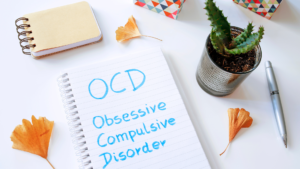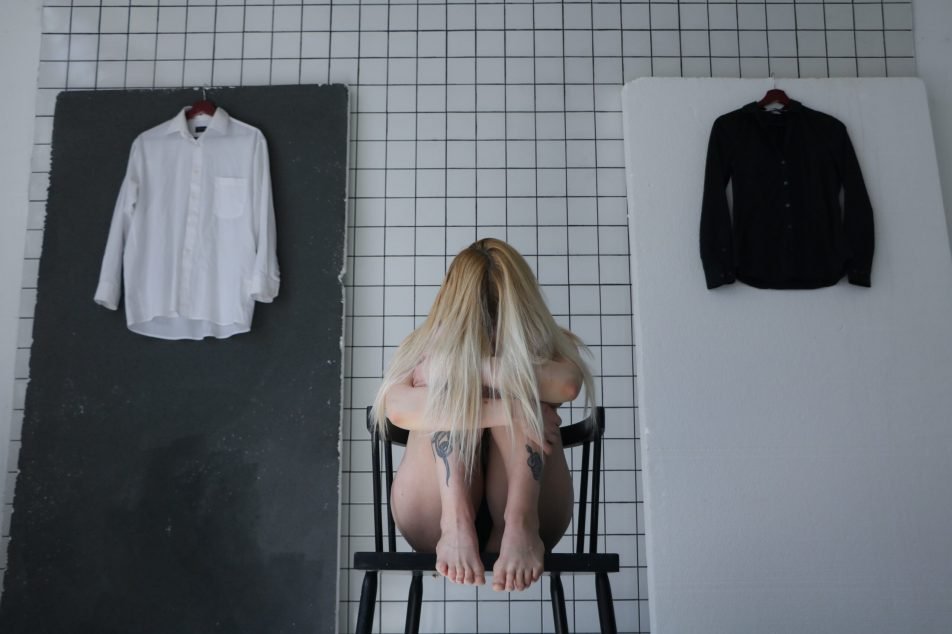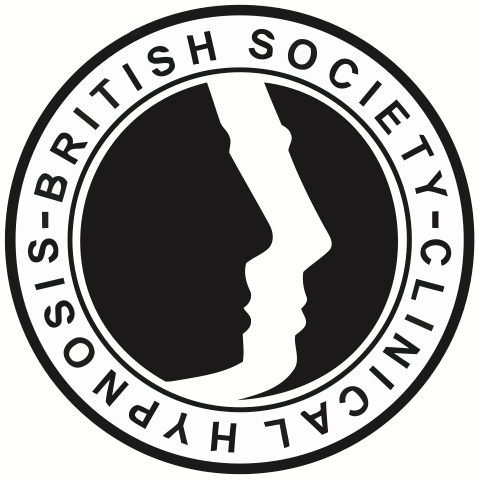I read an interesting transcript from a podcast on BBC Radio recently discussing OCD and anxiety, and so I thought I’d write a short article on my professional experience working with individuals struggling with OCD and Anxiety.

Many of my clients tell me that their OCD / habits / compulsions make them feel anxious, and so I thought we’d might flip it and consider whether the anxiety causes the OCD.
But firstly, what is OCD?
“Obsessive-compulsive disorder (OCD) is an anxiety disorder in which people have unwanted and repeated thoughts, feelings, images, and sensations (obsessions) and engage in behaviours or mental acts in response to these thoughts or obsessions.” (Source Psychology Today)
Let’s break it down a little more. What’s the difference between obsession and compulsion (a conversation I had with a fellow therapist and psychologist over lunch recently). Obsession is the thought or fear – compulsion is the act or ritual performed in order to combat the obsessive thought.
The sting is that the behaviour / compulsion to act provides temporary relief at best.
OCD typically develops during adolescence and if left untreated can cause severe problems for the young persons overall development, needless-to-say it is imperative that children receive an evaluation and treatment sooner rather than later.
However, OCD should not be confused with a much larger group of individuals who are perfectionists and highly organised.
So what causes it?
Science has shown that biological factors are implicated with OCD, the fact that some patients respond to specific medications that affect the neurotransmitter serotonin suggests this. Then there are studies suggesting that the condition could be inherited and can appear as a result of environmental influences or traumatic events.
And so does anxiety cause OCD?
The evidence suggests that although anxiety doesn’t cause OCD it certainly goes hand in hand with the condition. The longer the behaviour continues the more stress and anxiety increases.
Can OCD be treated?
Traditionally the medication prescribed to treat OCD will be antidepressants – a word of caution! NICE have identified that the use of SSRIs to treat depression in children and young people may be associated with the appearance of suicidal behaviour, self‑harm or hostility, particularly at the beginning of treatment. In adults the effects are less invasive yet the use of drugs mask the problem rather than address it.
Cognitive Behavioural Therapy (CBT) and talk therapies have been found to work well for some people, CBT employs the conscious mind (10% of the mind) whereas Hypnotherapy engages the subconscious (90% of the mind).
In the treatment of OCD hypnotherapy uses deep relaxation accompanied by positive ego-strengthening suggestions helping to extinguish the anxiety thus reducing symptoms. Hypnotherapy aims to change the thinking pattern, giving back some level of control.
If you or someone you know has been diagnosed with or is showing signs of OCD, hypnotherapy as a treatment is an avenue worth exploring.
https://gailmarrahypnotherapy.com/stress-anxiety/
You can read the transcript from the BBC Podcast here: https://www.bbc.co.uk/news/disability-45225773








